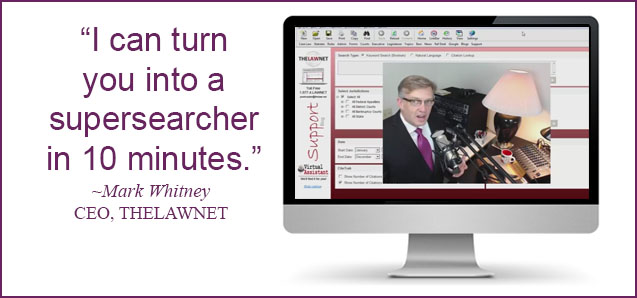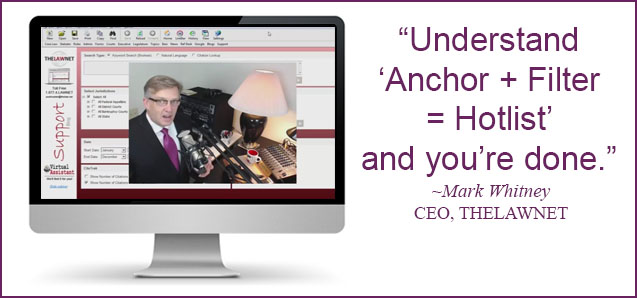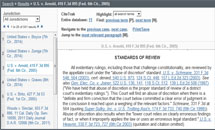Earlier today, former Booz Allen analyst Edward Snowden fingered his former Booz Allen colleague, now Director of National Intelligence and known perjurer James Clapper, as his inspiration for exposing criminality.
Seeing someone in the position of James Clapper – the Director of National Intelligence – baldly lying to the public without repercussion is the evidence of a subverted democracy.
Meanwhile, former law professor turned President of the United States, Barack Obama agreed with Charlie Rose that he “has no problem with what the NSA has been doing.”
Current Harvard Law Professor, Lawrence Lessig, would apparently agree with Snowden, as evidenced from his [Lessig’s] 1998 Congressional testimony, the transcript of which is posted below.
Interviewed last week by Bill Moyers, Lessig – recognized by many as the James Madison of our time – said of Snowden:
He came out publicly, he explains his reasons, doesn’t seem to be benefiting financially from this. He’s going to suffer enormous personal costs for doing what he did. Those are the things that traditionally have marked somebody as the right kind of civil disobedient. And let’s be clear. The penalties which he faces for what he has done are extraordinary. Today these guys face life imprisonment, maybe the death penalty. So when somebody comes forward and explains him or herself in a very clear way about what’s motivating it’s hard not to be moved by that.
TRANSCRIPT – Larry Lessig, Congressional Testimony, May 21, 1998 :
The Russian people learned to live with this invasion. They learned to put up with the insecurities that technology brought. If they had something private to say, they would go for a walk in a public park. If they didn’t want a call traced, they would make it from a public phone. They learned to live with this intrusion by adjusting their life to it. They found privacy in public spaces, since private spaces had been invaded by a technology. And who could blame them? They lived in a totalitarian regime. The State was unchallengeable.
The last 20 years have seen an extraordinary explosion in technologies for invading people’s privacy and for a market that feeds on the product of these technologies.
We are told that our E-mail can be collected and searched by our company or university, and so op-eds advise us not to put private matters into E-mail. Our credit card records become the source for direct marketers, and rather than object, we simply buy with more cash. We have responded to this increasing invasion as the Soviets responded to theirs. Bovine, we have accepted the reduction in private space. Passive, we have adjusted our life to these new intrusions. Accepting, we have been told that this is the way we have to live in this newly digitized age. Now I find this quite bizarre. For while this increasing Sovietization of our personal and private life occurs, we live in no Soviet State. While passivity dominates, there is no reason we couldn’t do things differently. We accept these invasions and these restrictions on our freedom, though there is no Soviet army to enforce them on us.
We accept them, these reductions in the space of our privacy, even though we are the architects of the technologies that give effect to this reduction in privacy. And worse than accept them, sometimes we are told we have no choice but to accept them.
Technologies of monitoring and searching erode our privacy, and yet some will argue that the Constitution restricts Congress’ power to respond. Technologies make it possible from a half-a-mile away to peer into one’s home and watch what goes on there, or eavesdroppers to listen to the conversations in our bedroom, but we are told that the free speech clause of the First Amendment bars Congress from doing anything in response.
Congress, our Constitution is no Politburo. The free speech clause does not render us hostage to the invasions of new technologies. It does not disable you, as representatives of the people, from responding to these changes through laws that aim to re-create the privacy that technology has removed. Indeed, other values, themselves as essential to our democracy as free speech, should push you to take steps to protect the privacy and dignity that changing technologies may take away.






